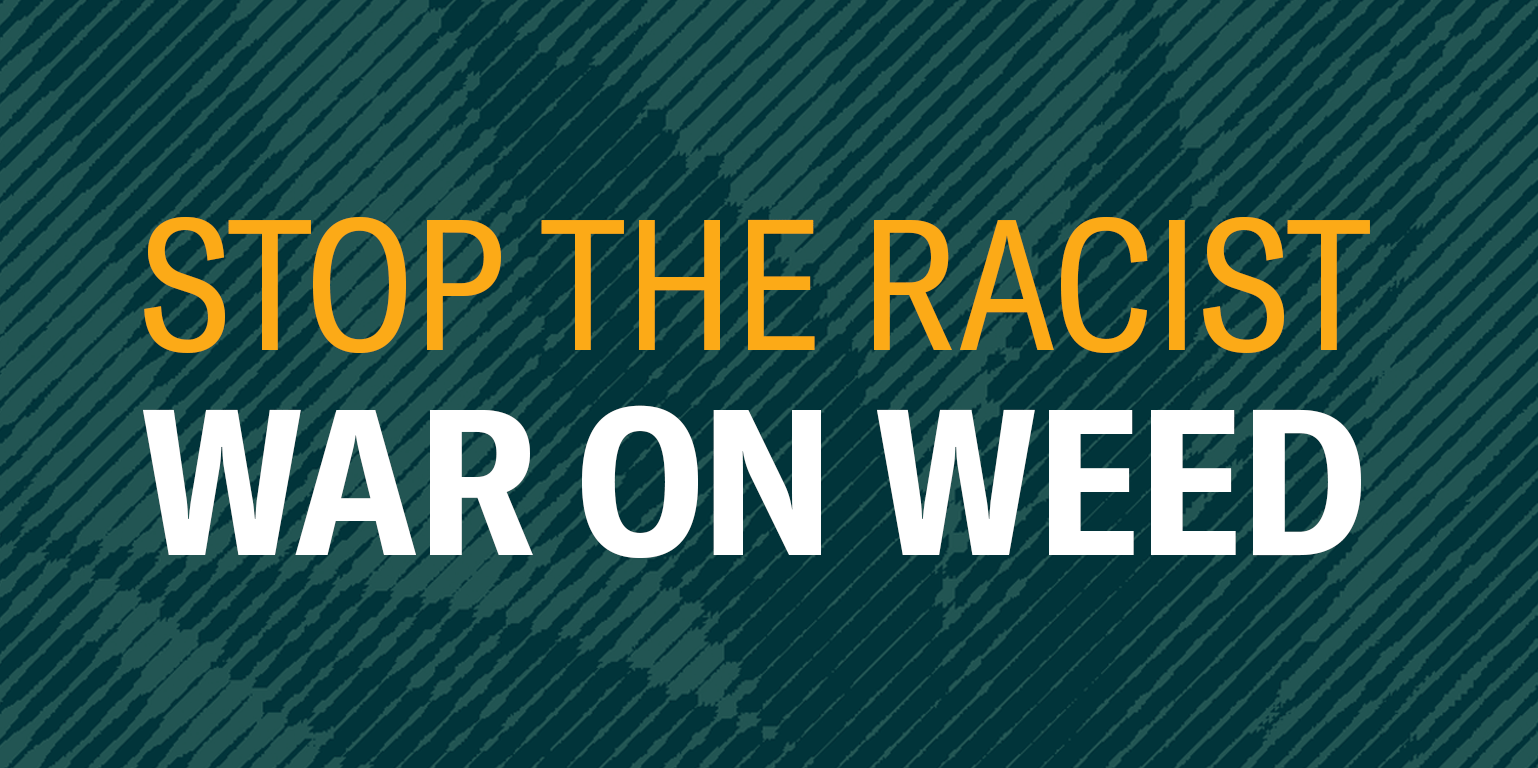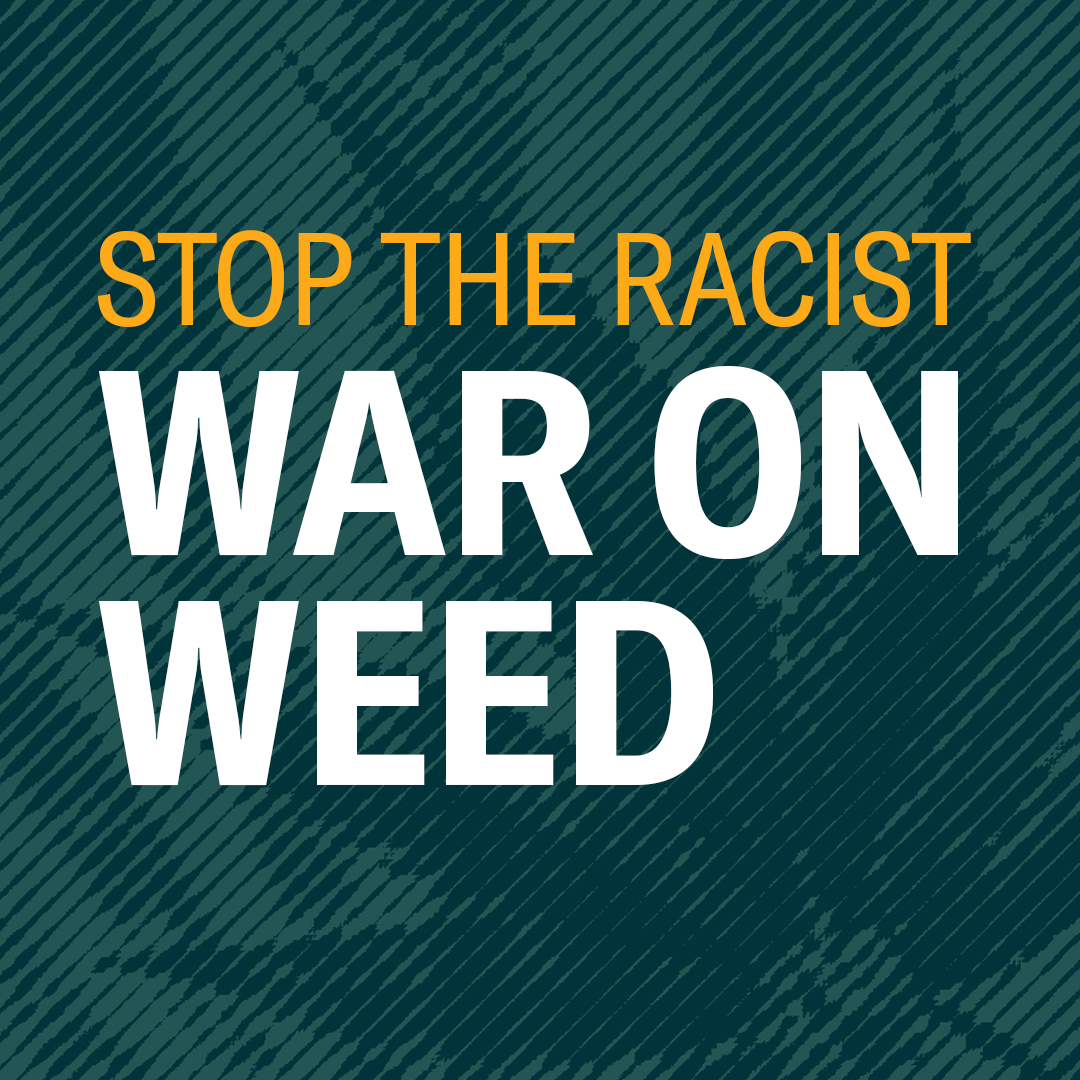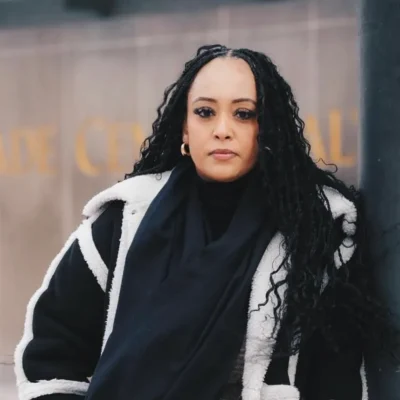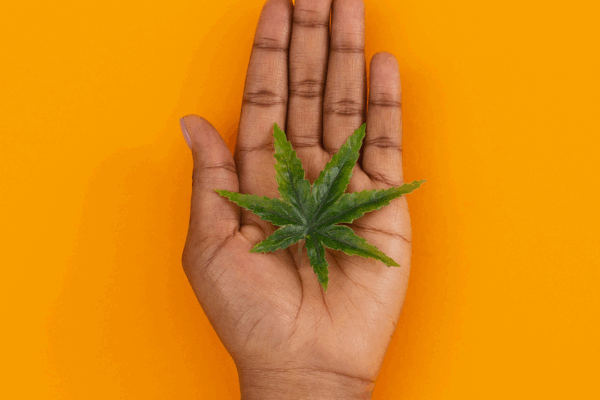We Need Marijuana Reform Now

White supremacy is at the heart of mass incarceration in the United States. We have left it unchecked for far too long, especially in Maryland. The stats prove beyond a reasonable doubt that mass incarceration is one of the key racial justice challenges that we must address and overcome.
Our state shamefully leads the nation in the incarceration of Black people. While Black people make up only 31% of Maryland’s population, they make up 52% of people in jail and 69% of people behind state prison bars.1 The state with the second highest rate of incarceration of Black people is Mississippi. These staggering racial disparities in our legal justice system have deeply harmed and intentionally targeted the Black community.
White supremacy is at the heart of mass incarceration in the United States.
When mass incarceration was at its highest, during the War on Drugs, Black communities were targeted and arrested at much higher rates than white people. In 2010, while three out of every 1,000 white people were arrested for marijuana possession, eight out of every 1,000 Black people were arrested. That is a difference of 167%.
According to “A Tale of Two Countries”, an ACLU research report, between 2018-2019, 96% of all marijuana possession charges were filed against Black people in Baltimore City, even though Black people only represent around 60% of the city’s population. In those same years in Baltimore County, 80% of all marijuana possession charges were filed against Black people, even though Black people only represent 30% of the population there. In Prince George’s county, the numbers are equally as appalling. Even though Black people only made up about 65% of the population, 2,903 people were charged with possession of marijuana over 10 grams and 90% were Black.
In fact, research shows that Black drivers are searched at disproportionately higher rates than white drivers in Maryland, even though Black people are less likely to be found with illicit drugs and other contra band.2
Maryland had one of the highest rates of arrest for marijuana possession in the nation between 2007 and 2014. And even though Black and white people use marijuana at virtually the same rates, police arrested Black people at higher rates than white people in every county in Maryland.
The War on Drugs had racial disparities baked in.
The War on Drugs had racial disparities baked in. Its execution was racist, with overpolicing targeted at Black people. Its purpose was counterproductive, destabilizing families and communities. And its cost was high, in terms of time, money, resources, and most importantly, lives.
We must take an honest look at how white supremacy drove the War on Drugs and did not solve the public health issue of drug use, so that we can now begin to solve racial disparities in our current prison system.
Decriminalization of marijuana began in 2014, when Maryland lawmakers passed a law that said possession of less than 10 grams of marijuana would no longer be treated as a criminal offense. Despite this, Black people are still being arrested at higher rates for marijuana-related drug charges.
In 2018, Black people were more than 2.1 times more likely to be arrested for marijuana possession than white people in Maryland, according to the ACLU’s latest report on marijuana arrests. Nationwide, those disparities are even worse, with the number reaching 3.6 times more likely.3 In fact, in some places in the U.S., Black people are 40 or even 50 times more likely to be arrested for marijuana possession than white people. And even though marijuana is increasingly becoming decriminalized, those disparities do not disappear and have continued since 2010.4
Remedies to the racial disparities caused by the War on Drugs include full legalization of marijuana, so that it is regulated like alcohol and tobacco. Importantly, however, the ACLU believes that legalization revenues should go back to Black communities, in order to begin to repair the decades long damage the War on Drugs has cost these communities. In addition, the ACLU believes Maryland should consider releasing people who have been convicted of nonviolent drug offenses out of prison.
In 2018, Black people were more than 2.1 times more likely to be arrested for marijuana possession than white people in Maryland.
This legislative session, HB 324/SB 143 were introduced to help correct past and future injustices. If enacted, HB 324/SB 143 would raise from 10 grams to 1 ounce the amount of marijuana that makes possession a civil offense. And it would set a threshold that possession of 1 ounce or less of marijuana alone cannot be considered possession with intent to distribute, a charge that brings criminal penalties.
In effect, HB 324/SB 143 would set a floor and make clear guidelines to ensure that a having a small amount of marijuana is not interpreted to mean someone intends to deal drugs. This would help address the clear, continuing problem that Black people are being arrested on charges to distribute at much higher rates than white people.
There is a long road ahead of us to fix the racial disparities that plague our legal justice system. It’s only by moving forward in Annapolis, and through the leaders of impacted communities continuing to work towards racial justice, that we’ll finally reach true equity, fairness, and reparations.
1Schmidt, Logan, and Vera Institute of Justice. “Vera Institute.” Vera, 14 Feb. 2020, www.vera.org/publications/state-incarceration-trends/maryland.
2Kevin Rector, "Black motorists in Md. are pulled over, searched at ... - Baltimore Sun." 16 Nov. 2016, https://www.baltimoresun.com/news/crime/bs-md-police-traffic-stops-20161116-story.html. Accessed 1 Feb. 2021.
3"A Tale of Two Countries - American Civil Liberties Union." 16 May. 2019, https://www.aclu.org/sites/default/files/field_document/tale_of_two_countries_racially_targeted_arrests_in_the_era_of_marijuana_reform_revised_7.1.20_0.pdf. Accessed 1 Feb. 2021.
4Ibid.




